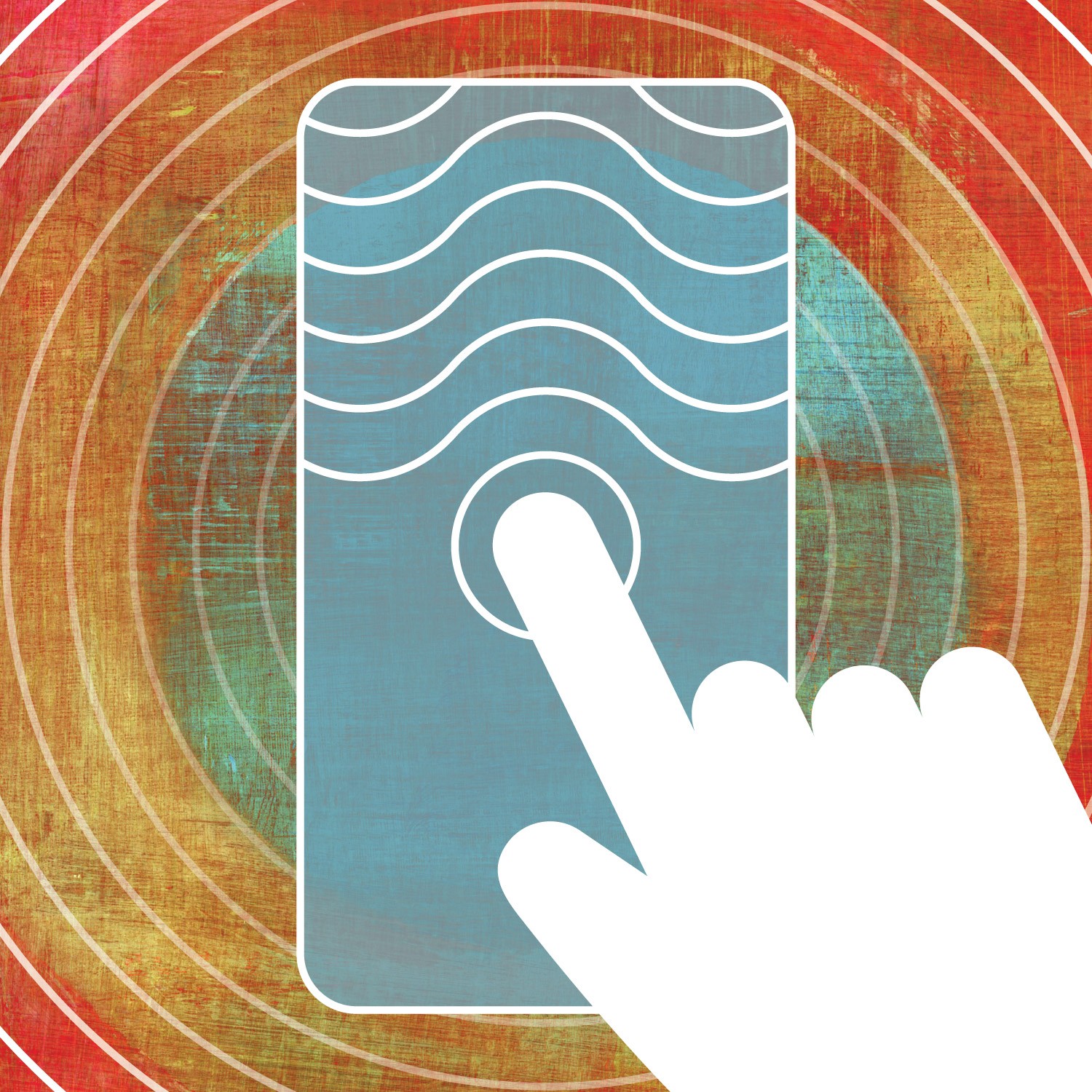A Mobile App-Based Mindfulness Intervention for Psychological Distress in Intensive Care Unit Survivors

A new clinical trial tested various ways of delivering a mobile app–based mindfulness intervention for individuals who had symptoms of depression after being treated in an intensive care unit (ICU) for a critical illness. The study showed that the best version of the intervention in terms of effects on psychological distress symptoms, adherence, and feasibility was a version that was fully app based. The study, recently published in JAMA Internal Medicine, was led by scientists at Duke University, Oregon Health & Science University, and University of Colorado (Aurora) and was partially funded by the National Center for Complementary and Integrative Health.
Past research has shown that depression, anxiety, and post-traumatic stress disorder (PTSD) symptoms are prevalent among individuals who have received ICU care for critical illnesses. But existing in-hospital and post-hospital interventions have not had much impact on relieving psychological distress symptoms among ICU survivors.
In this study, researchers compared different versions of an app-based mindfulness intervention that had previously shown promise. The three varying components of the intervention were (1) the approach used to introduce the program (via the app or through a call with a therapist), (2) the dose of mindfulness meditation (once or twice a day), and (3) the approach used if an individual experienced increasing distress symptoms during the intervention period (via the app or through a call with a therapist). Eight intervention groups were established to compare the different components.
The study included 247 adult participants who had been treated in one of three ICUs for at least 24 hours for acute cardiorespiratory failure and who experienced symptoms of depression after being discharged from the hospital. The average length of stay in the ICU was 6.6 days, and the average stay in the hospital was 15.5 days. Of the 247 participants, 116 received mechanical ventilation.
Participants, enrolled from August 2019 through March 2023, were randomly assigned to one of the eight intervention groups. They provided self-reported data on the mobile app platform when they arrived home from the hospital and 1 and 3 months after randomization.
Although clinically significant improvements in depression, anxiety, and PTSD symptoms were sustained after 3 months in all eight groups, the researchers found that the optimal version of the intervention was the one that included an app-based introduction, twice-daily guided meditation, and an app-based response when a participant had increasing symptoms of depression. Twice-a-day mindfulness showed a clear benefit over once-a-day mindfulness, with lower depression symptoms after 1 and 3 months of the intervention. And the combination of twice-daily meditation with an app-based introduction to the program led to the greatest improvement in PTSD symptoms. Interestingly, the additional “human touch” of a therapist did not have an effect of clinical significance on depression.
The rates of participants staying in the study were 77.3 percent at 1 month and 73.7 percent at 3 months, exceeding the study’s targets and suggesting strong feasibility of the intervention. Participant adherence for completing weekly depression symptom surveys was 82.9 percent, also exceeding the study’s target.
The researchers said that a multicenter clinical trial is now needed to determine the efficacy of the optimized app-based mindfulness intervention in ICU survivors.
Reference
- Cox CE, Gallis JA, Olsen MK, et al. Mobile mindfulness intervention for psychological distress among intensive care unit survivors: a randomized clinical trial. JAMA Internal Medicine. May 28, 2024. [Epub ahead of print].
Publication Date: May 28, 2024